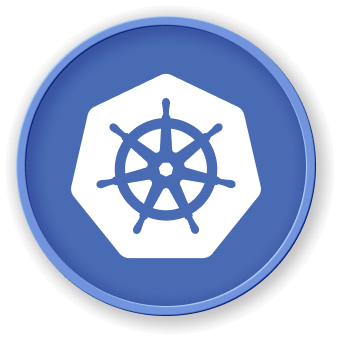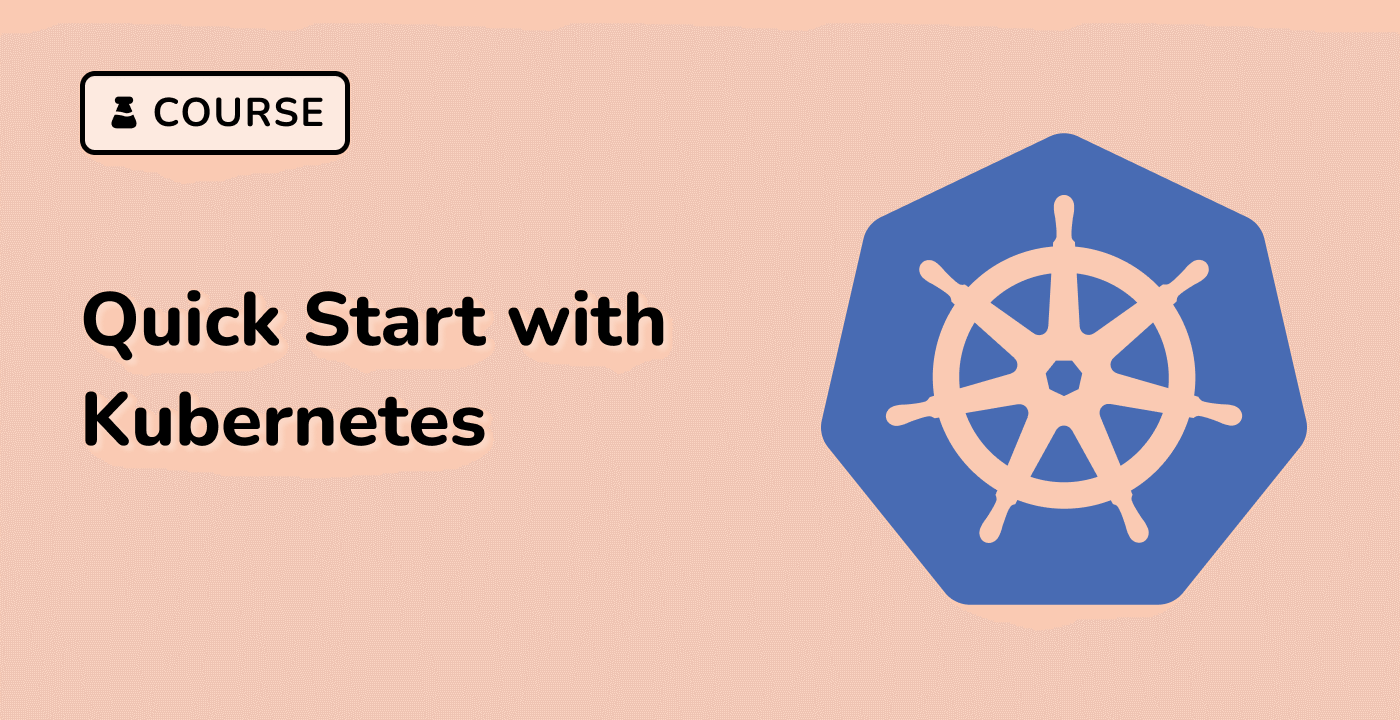Introduction
This comprehensive guide explores the intricate world of Kubernetes events and informer architecture, providing developers and system administrators with essential insights into cluster event management. By understanding event mechanisms, lifecycle, and monitoring strategies, readers will gain powerful skills for diagnosing issues, tracking resource changes, and maintaining robust Kubernetes environments.



